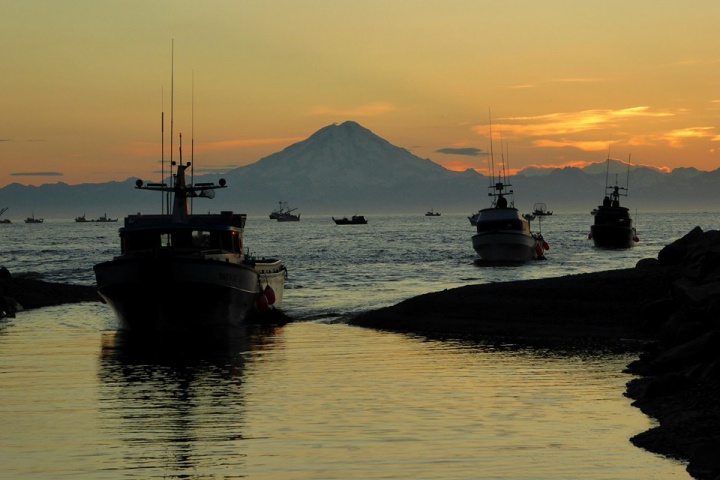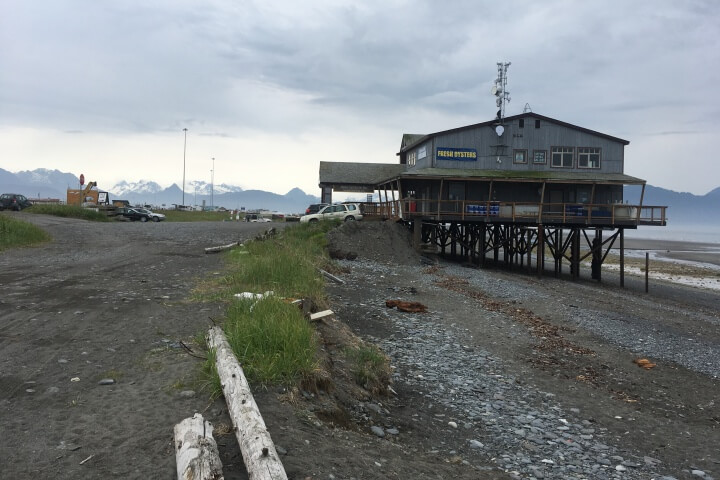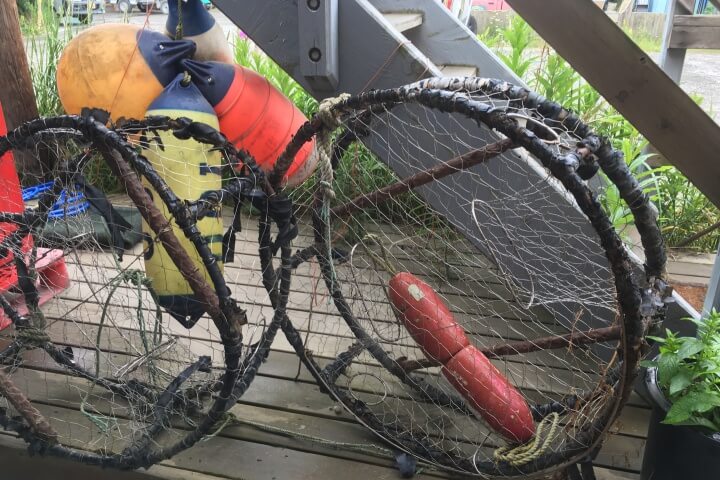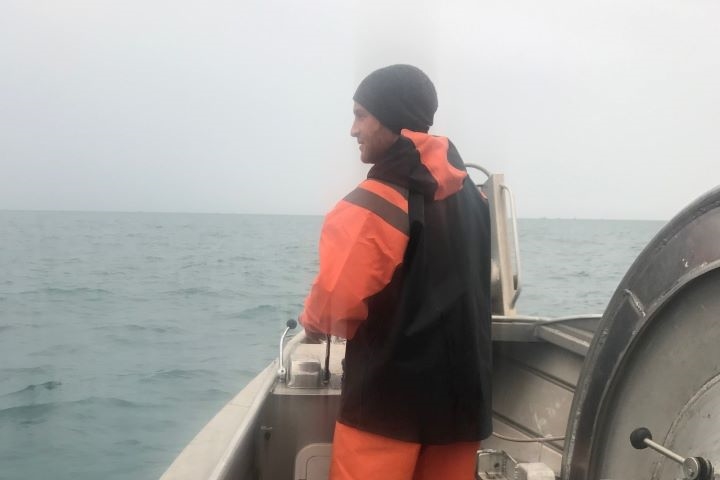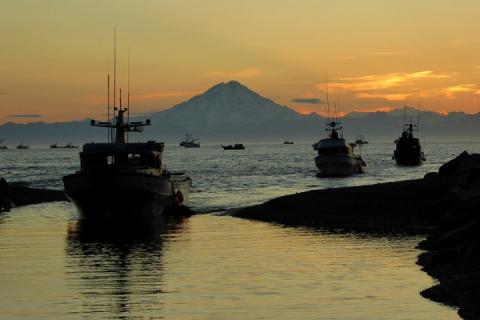
Climate change impacts on Alaskan coasts are occurring at a rate that is challenging the ability of resource-dependent businesses to respond and adapt. Climate change-induced threats to Alaskan fishing communities include changing oceanographic conditions of circulation and temperature, ocean acidification, and harmful algal blooms, as well as changing stream temperatures, turbidity, and nutrient conditions. Adequate resilience tools for local fishery-related businesses in Alaska had not yet been designed and implemented, which was a barrier to effective community resilience. These issues were identified at a series of climate resilience workshops the Kachemak Bay National Estuarine Research Reserve hosted for decision-makers in 2016 and 2017.
The goal of this project was to strengthen local fishery-related businesses, which buoy coastal communities in the face of natural hazards and disasters. This project transferred a Fisheries Resilience Index business self-assessment developed by the Mississippi-Alabama Sea Grant Consortium. The project team and partners collaboratively adapted the self-assessment for Alaska businesses using best available science and local issues. The project convened a network of partners, including fishery industry leaders, resource managers, business owners, non-profits, and resilience experts, to identify and organize focus groups of target audiences. Multi-sector business resilience workshops were developed using the updated Fisheries Resilience Index, and curriculum and publications were distributed for additional trainings in other Alaskan communities.
